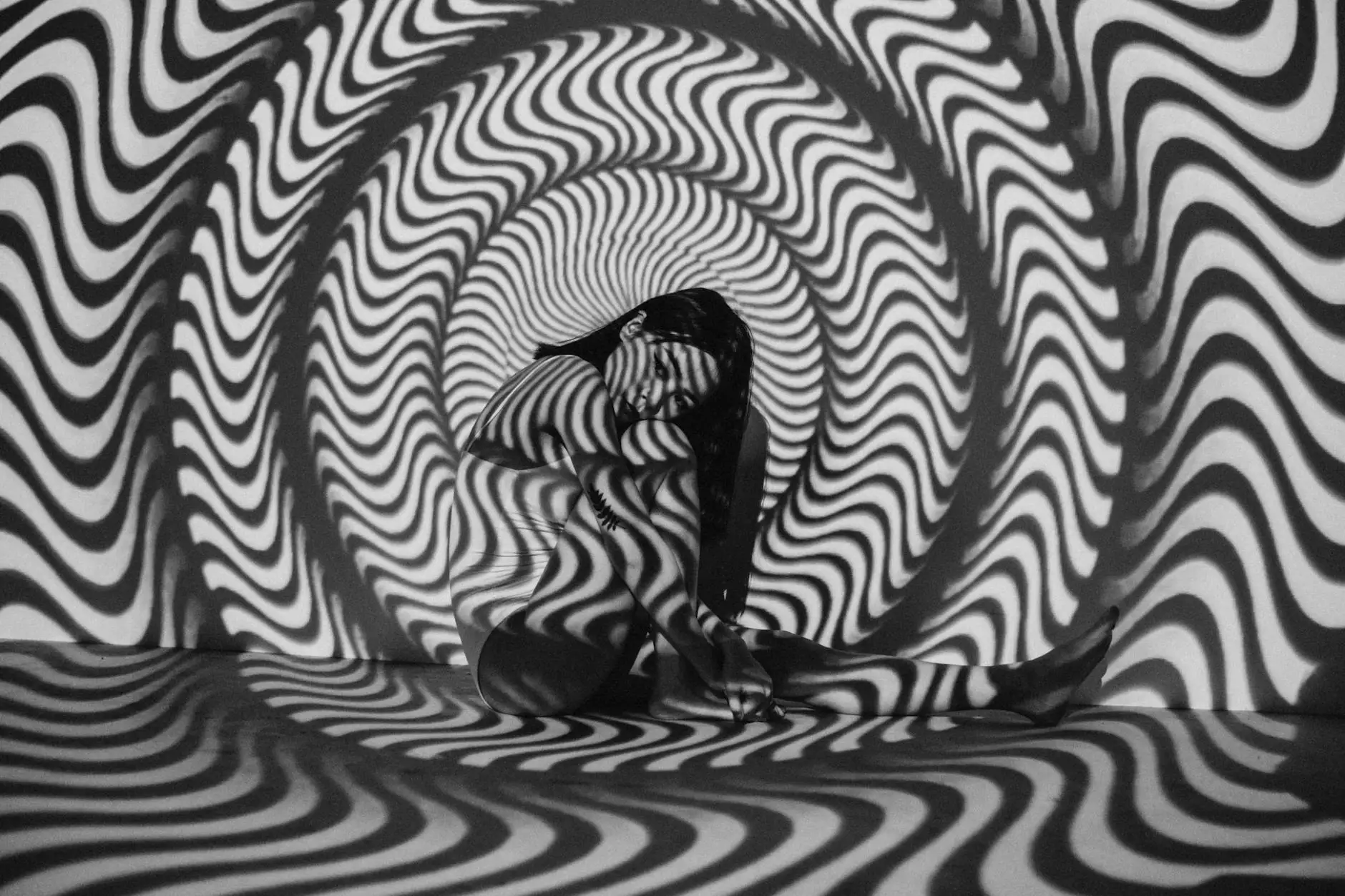Visual Hallucinations: Exploring the Phenomenon

Welcome to Behavioral Health 2000, your trusted partner in providing top-notch counseling and mental health services in the field of behavioral health and medical care. In this article, we will delve into the intriguing world of visual hallucinations, shedding light on their causes, effects, and available treatments.
The Fascinating World of Visual Hallucinations
Visual hallucinations can be a perplexing experience that generates a wide range of emotions and concerns. These hallucinations involve seeing things that are not present in reality, sometimes vividly and with great detail. Individuals experiencing visual hallucinations may witness shapes, patterns, objects, or even people that others cannot perceive.
Causes of Visual Hallucinations
Visual hallucinations can arise from various underlying factors, which may include:
- Psychiatric Conditions: Conditions such as schizophrenia, bipolar disorder, and major depressive disorder can contribute to the development of visual hallucinations. These conditions can affect the brain's perception and processing of sensory information.
- Neurological Disorders: Neurological conditions like Parkinson's disease, Alzheimer's disease, and Lewy body dementia can also manifest visual hallucinations as a symptom. These disorders affect the brain's structure and functioning, leading to perceptual disturbances.
- Substance Abuse: The consumption of certain substances, including hallucinogenic drugs or excessive alcohol, can induce visual hallucinations. Substance-induced hallucinations are often temporary and resolve once the substance has been eliminated from the body.
Treatments for Visual Hallucinations
At Behavioral Health 2000, our dedicated team of experts is committed to helping individuals overcome the challenges presented by visual hallucinations. The treatment approach may vary depending on the underlying cause, severity of symptoms, and personalized needs of the individual. Here are some commonly employed treatment strategies:
Medication
In cases where visual hallucinations are linked to psychiatric or neurological conditions, medication may be prescribed to manage symptoms. Antipsychotic medications, mood stabilizers, or antidepressants may be used to alleviate hallucinations and restore a more balanced mental state.
Therapy
Therapeutic interventions such as cognitive-behavioral therapy (CBT) can provide individuals with coping mechanisms and enhance their ability to manage and understand their hallucinatory experiences. Through therapy sessions, individuals can develop skills to challenge and reshape their thoughts, reducing the impact of visual hallucinations on their daily lives.
Lifestyle Modifications
In some cases, certain lifestyle modifications can make a significant difference. Adopting a healthy sleep schedule, engaging in regular physical exercise, and managing stress levels can contribute to overall well-being and potentially reduce the occurrence of visual hallucinations.
Support Networks
The support of family, friends, and support groups can play a crucial role in an individual's journey toward managing visual hallucinations. Engaging with others who have similar experiences can foster a sense of belonging and provide valuable insights into coping strategies.
Behavioral Health 2000: Your Source of Compassionate Care
At Behavioral Health 2000, we strive to offer comprehensive and compassionate care to individuals facing various mental health challenges, including visual hallucinations. Our team of professionals specializes in providing evidence-based treatment options tailored to individual needs.
With our expertise in the field of behavioral health and medical care, we are committed to supporting individuals on their path to recovery. Don't hesitate to reach out to us at behavioralhealth2000.com to learn more about our services and how we can assist you in your journey toward improved mental well-being.



